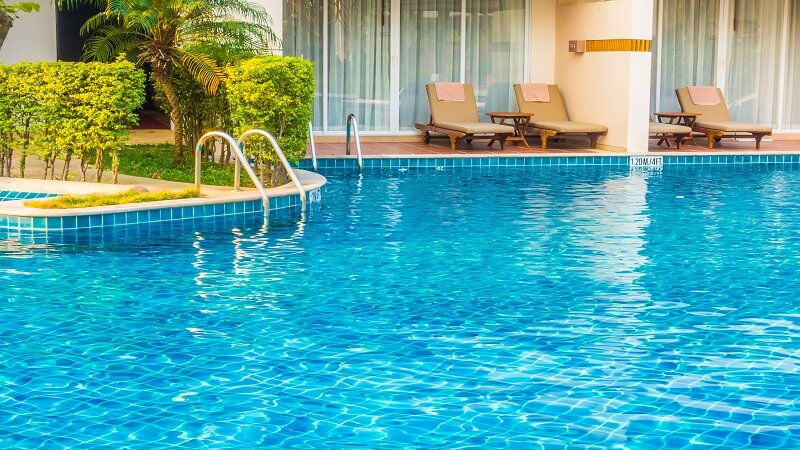Owning a pool is one of the great joys of home life—perfect for family gatherings, workouts, or simply cooling off on a hot afternoon. Yet while crystal-clear water might be a sign of good maintenance, the air around your pool tells an equally important story. If pool chemicals aren’t balanced properly, they can create airborne irritants that quietly affect the health of everyone nearby.
Whether you’re maintaining the pool yourself or working with a service, understanding how pool chemistry impacts air quality is key to keeping your space healthy and enjoyable.
The Invisible Side of Pool Safety
Most people associate pool safety with water depth, fencing, or supervision. However, air quality plays an overlooked but vital role—especially in enclosed or partially covered pools. Poor ventilation and chemical imbalances can turn your backyard retreat into a source of respiratory irritation.
Here are a few common factors that can compromise air quality:
- Too Much Chlorine
Chlorine keeps water clean by eliminating harmful bacteria, but high levels can release harsh vapors that irritate the eyes, nose, and lungs. Prolonged exposure to these fumes may lead to coughing or breathing discomfort, especially for children or individuals with asthma. - Limited Ventilation
In spaces with poor airflow, even moderate chemical use can cause vapors to linger. This is especially problematic in indoor pools or those with screened enclosures, where humidity and chlorine compounds get trapped. - Old or Improper Plumbing Systems
Aging PVC or low-grade fittings can accumulate residue from pool chemicals. When heated or under pressure, these residues may release odors or irritants into the air. Choosing durable, chemical-resistant components—such as Class 125 PVC fittings—can help minimize this risk.
Spotting the Warning Signs
You don’t need specialized equipment to tell when your pool environment needs attention. Subtle signs often point to bigger issues:
- A strong chlorine smell often means chloramines (a byproduct of chlorine reacting with contaminants) are present, not necessarily that chlorine levels are high.
- Persistent coughing or burning eyes among swimmers can indicate poor ventilation or imbalanced water chemistry.
- Cloudy, foamy, or discolored water may suggest a buildup of contaminants that also contribute to poor air quality.
Taking early action helps prevent these minor annoyances from turning into health concerns.
Creating a Healthier Pool Atmosphere
You don’t have to sacrifice a clean pool to protect your lungs. A few proactive steps can make a big difference:
- Maintain Balanced Chemistry
Test your water regularly, keeping pH between 7.2 and 7.8 and free chlorine between 1–3 ppm. Avoid over-chlorination, which can lead to chemical vapor buildup. - Flush and Inspect Plumbing
Rinse your system periodically to prevent residue accumulation. Replace older fittings with high-quality, chemical-compatible materials. - Improve Air Circulation
Use fans, vents, or dehumidifiers to increase airflow in enclosed spaces. For indoor pools, make sure exhaust systems are functioning properly.
Breathe Easy, Swim Easy
Pool ownership is about relaxation, not risk. Maintaining proper water balance, upgrading system components, and ensuring good ventilation all work together to keep your pool safe and comfortable.
The next time you dive in, remember—it’s not just the water that matters. Clean, fresh air around your pool is just as essential to your family’s health and comfort. With a few thoughtful adjustments, your backyard oasis can stay inviting, refreshing, and worry-free all season long.
For more, check out the accompanying resource from Maxx Supply, a provider of PVC gate valves.
